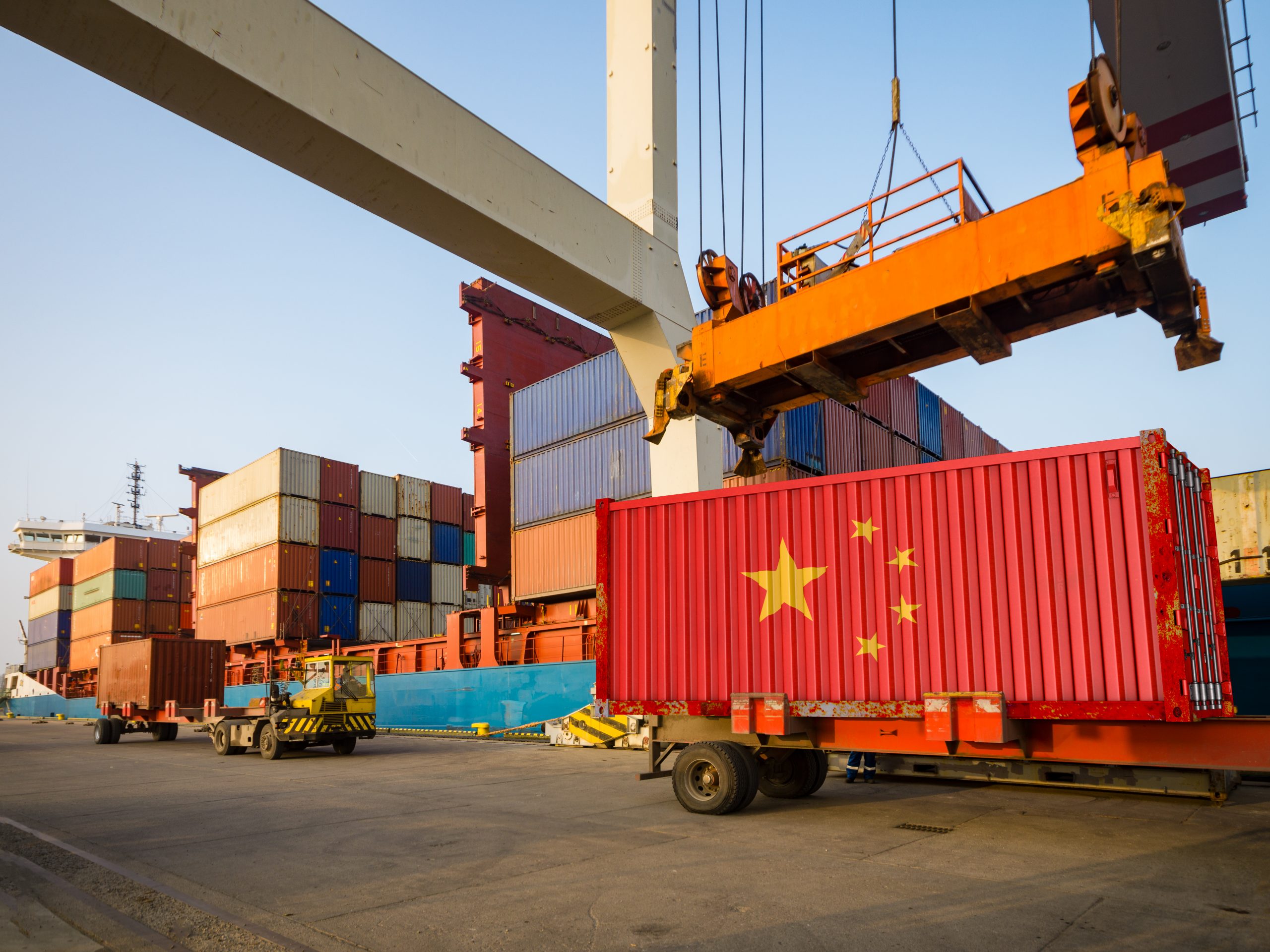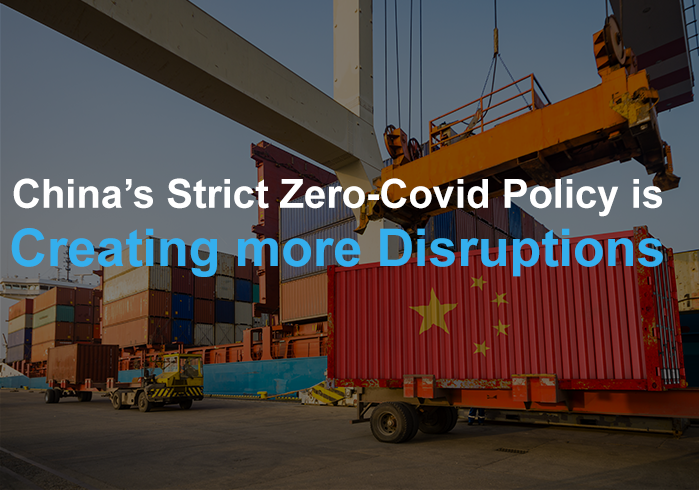
Operations at the port of Ningbo have resumed, after being closed for 2 weeks due to one dock worker testing positive for Covid-19. If you did not know, the Ningbo-Zhoushan port is the 3rd busiest in the world. This is an extraordinary demonstration of the power that the Covid-19 pandemic has. According to Nick Marro of the Economist Intelligence Unit, this could be a future pattern of strict responses. Hence, the shipping industry might be wise to anticipate more disruptions on that account.
This is not just a problem for the shipping industry in terms of the carriers and ports. It also has an impact on the consumer who ultimately purchases the cargo. According to Dawn Tiura, CEO at the Sourcing Industry Group, the carriers and ports are likely to pass on increased costs to the consumer by raising prices. It is important to understand the how and why of these circumstances.
Origins of the new case and its implications
The origin of this strict response is the devastating effect of the Covid-19 pandemic which has shut down many economies for close to 2 years now. The shipping industry was significantly affected by the enforcement of social distancing measures as well as the death or illness of staff members. There were shortages and all sorts of logistical challenges. Any single case of Covid-19 could mean disaster, therefore authorities have good reasons to be cautious.
Nevertheless, any delays and price increases could exacerbate an already inflated economic situation. Many of the closures happened just before the holiday season began. Such strict responses led to significant difficulties getting goods to their intended buyers.
China has a history of aggressively stepping in to prevent further infections as it has suspended operations at other key ports. That is why some analysts are calling this a zero-tolerance approach to Covid-19.
What does this tell us about China’s attitude to the pandemic?
China is nervous about even a single positive case of Covid-19 given the propensity of the virus to spread like wildfire. The shipping industry is already struggling with operational challenges which are worsened by port closures. Apart from the Suez Canal incident, there has been an insidious shortage of containers. Southern China has been badly debilitated by the pandemic, particularly in the key ports of Guangzhou and Shenzhen. Although this is the first time that the suspension is directly linked to a Covid-19 infection, there have been other previous disruptions.
Experts argue that China has deliberately prioritized pandemic mitigation over operational efficiency, especially with fears around the contagiousness of the Delta strain of the virus. There is a price to pay in economic terms and the performance of the 3rd quarter of 2021 is not expected to be encouraging. Meanwhile the industry is jittery, expecting that any infections will lead to a blanket shutdown. The much-needed normalcy that the industry has craved for months seems like a pipe dream.
China has been struggling with a resurgence of an infection that was deemed to be under control a few months back. The transmissible Delta variant has been blamed. Reuters reports that China is currently seeing the highest daily tally of infections since January 2021. In response, China has organized a program of mass testing in key areas.
Is this an industry in perpetual crisis?
The backdrop to all this is an industry that is struggling with the effects and after-effects of Covid-19. Container shipping rates are rising due to increased demand from North America and a new propensity for online shopping which is always compliant with social distancing. It is estimated that rates for cargo from China and East Asia that is destined to the West Coast of North America has experienced a 270% increase. Similarly, rates to the East Coast are up by 220% with average quotations of $17,500 per TEU.
Investors are concerned about the impact on their portfolio. Hence, China stocks are falling even if some investors are taking the opportunity to buy short at these low rates. Meanwhile, operations continue to stutter along from crisis to crisis. In June, the Yantian terminal in Shenzhen experienced a 70% fall in exports while processing times rose from 3 to 9 days.
The implications for the shipping industry and international trade
The shipping industry is needed more than ever before to deal with the transition into online shopping which appears to remain a primary source of commerce following social distancing mandates during the Covid-19 pandemic. At the same time, ports and carriers are struggling to keep pace given the various obstacles in their way. Expensive and limited capacity is bound to trickle down into high prices.
Meanwhile the retail industry must carefully manage its inventory during these uncertain times. Some are limiting or under-stocking certain items that are not current priorities. This reduces consumer choice and might end up alienating the very people that the industry needs to survive. Manufacturers who rely on the shipping industry for critical components are similarly concerned about their supply chains.
Wrapping up
A single Covid-19 case was enough to shut down the Zhoushan port in China. This is a cautious response that is bound to be replicated if other Covid-19 cases arise. China does not want to repeat the rapid spread of Covid-19 through negligence or late action. At the same time, industry experts are also concerned that the disruption to services will create shortages and raise rates which will eventually turn into increased prices for consumers.




